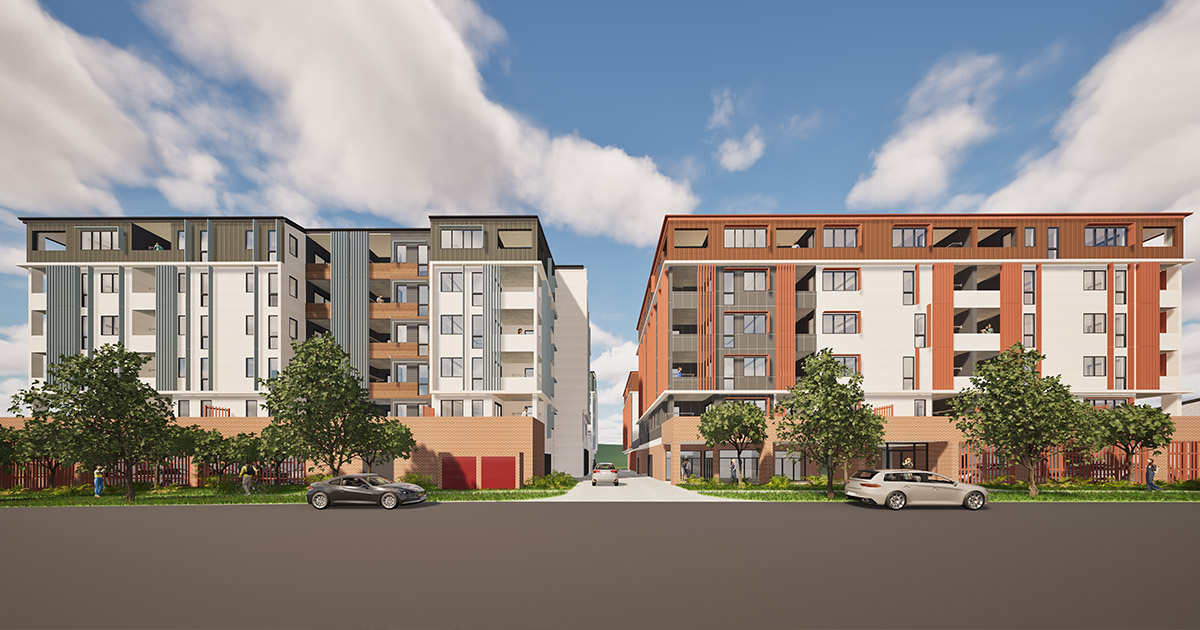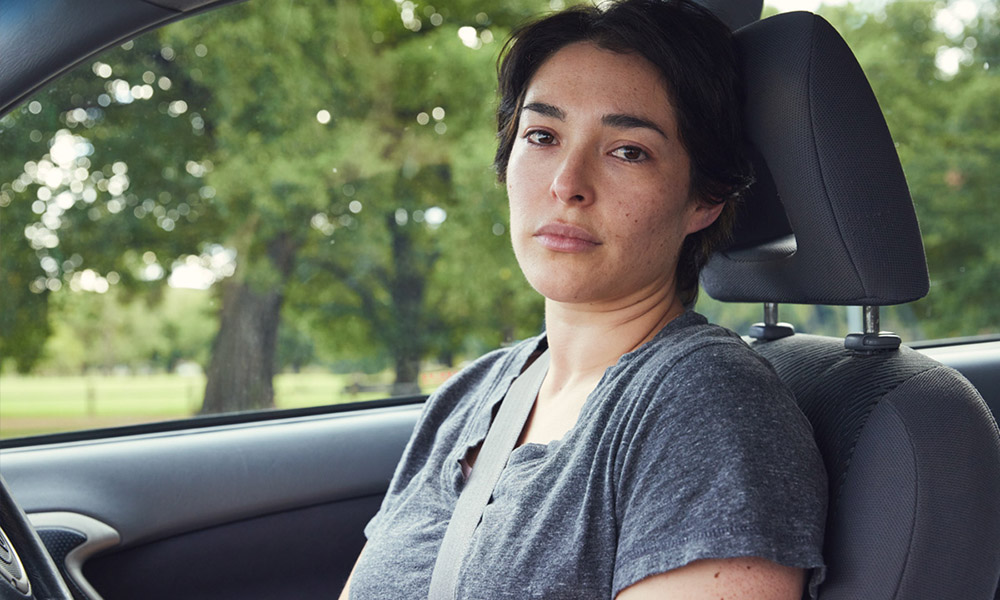Aboriginal and Torres Strait Islander people need to be meaningfully engaged in policy making
- Details
I was recently asked to write a foreword for a special report by Mission Australia which explores data collected in their annual Youth Survey and compares the responses specifically from Aboriginal and Torres Strait Islander young people and non-Indigenous young people.
It sounded interesting. And so, I tentatively agreed and asked for them to send me through the report.
Having spent a long time advocating for the rights of our First Peoples, and recently speaking out about the alarming rates of suicide amongst young Aboriginal and Torres Strait Islander people, I am not easily shocked. But this report rang a loud alarm about the issues and concerns that continue to face Indigenous young people at such disproportionate rates.
It points to serious and systemic disadvantages that are a cumulative result of historical injustices, ongoing churn of policies and programs and simple neglect.
Aboriginal and Torres Strait Islander young people reported higher levels of concern about bullying and emotional abuse, depression, drugs, alcohol, gambling and suicide when responding to the Youth Survey. They were more likely to indicate very low levels of happiness; a shocking one in ten Aboriginal and Torres Strait Islander young males indicated their happiness was zero. This is ten times the rate for non-Aboriginal and Torres Strait Islander respondents.
Transitioning to adulthood can be challenging for all young people, but it should also be a time of hope, joy and discovery. As a nation we cannot let our young people despair and lose hope.
The latest statistics show that our 15- 24 year olds are dying by suicide at four times the non-Indigenous rate; and our children under 14 are suiciding at nine times the non-Indigenous rate.
Intergenerational trauma is one contributor to that inequality, and we need to recognise the history of dispossession and colonisation and the continuing discrimination faced by the First People of this land.
Our young people have to see they have a future. The Youth Survey shows they have strong aspirations. The findings make it clear that Aboriginal and Torres Strait Islander young people really want to work and a high proportion see themselves going on to further education or employment. They strongly value their physical and mental health and know the importance of their family and friends.
Our role as a nation is to help them achieve their aspirations, by listening to them, empowering them and investing for their future.
This includes providing access to mental health and alcohol and drug services and ensuring priority access to suicide prevention programs in vulnerable communities. And those programs must be designed for the specific needs of Aboriginal and Torres Strait Islander children and young people.
And we must do more to invest early in families and communities to avoid these tragedies, address disadvantage, build on strengths and celebrate successes.
As a proud Kungarakan man, I am joining forces with Mission Australia and calling for a fundamental shift to ensure Aboriginal and Torres Strait Islander young people are at the centre of decision making about their lives.
To achieve substantial and sustainable change, solutions must be led by Aboriginal and Torres Strait Islander organisations and adequately funded over the long term. It will also require governments at all levels to take a social and cultural determinants approach to the way they develop and deliver services and services must be coordinated and not delivered in isolation.
We must re-set the relationship so that Aboriginal and Torres Strait Islander people are genuinely and meaningfully engaged in policy making. It is my hope, as these young people grow to become leaders in their culture, communities and nation and that government policies and programs will be made with them and not for them.
Governments, community organisations and businesses need to play their part in building relationships and working towards a reconciled, just and equitable Australia.
I hope we all take time to reflect on the findings in this report and find ways to work in partnership with Aboriginal and Torres Strait Islander young people who are striving hard for a positive future.
Professor Tom Calma AO
Chancellor, University of Canberra and Co-Chair, Reconciliation Australia
> Aboriginal and Torres Strait Islander Youth Report
> Aboriginal and Torres Strait Islander Youth Report Results
> Aboriginal and Torres Strait Islander Youth Report Highlights
Related media releases
Read about what we’ve been working on, our stance on important social issues and how you make a difference to vulnerable Australians' lives.

Mission Australia says more housing & homelessness investment needed in NSW Budget

Ground-breaking ceremony launches Toowoomba housing project

